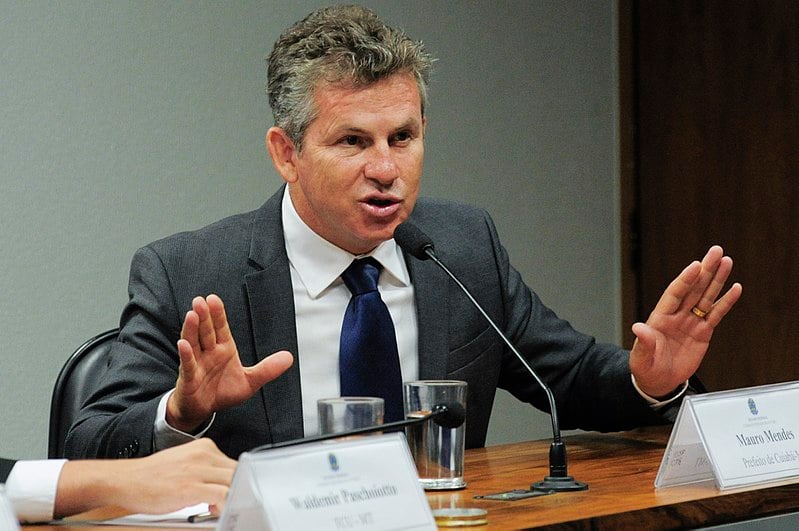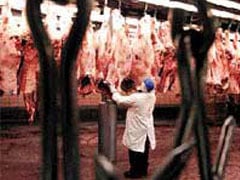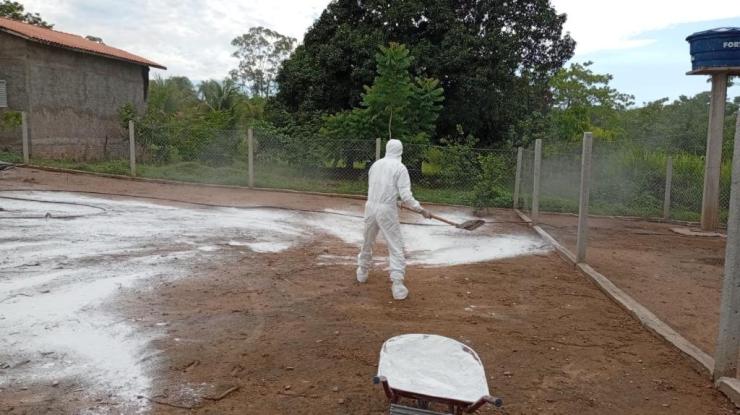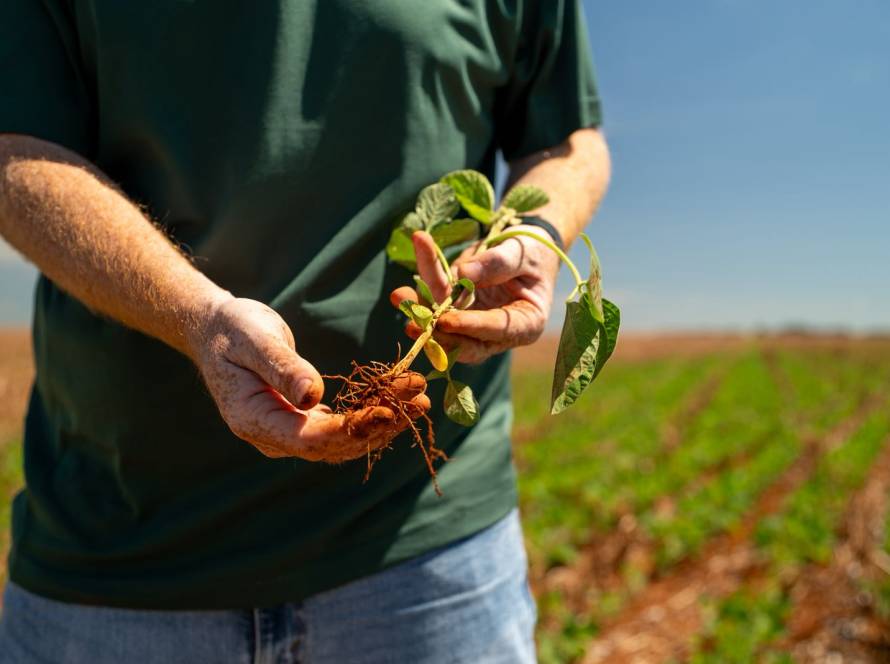On Tuesday (20.05), the president of the Mato Grosso Soybean and Corn Producers Association (Aprosoja MT), Lucas Costa Beber, participated in a meeting with the Parliamentary Agricultural Front (FPA) to discuss Bill 2.159/2021, which provides for Environmental Licensing. The meeting was called by Senator Tereza Cristina (PP-MS), rapporteur of the proposal, and focused on discussing the advances and impacts of the Bill, which is scheduled to be voted on this week in the Federal Senate. The objective of the Bill is to standardize and streamline environmental licensing processes, with a focus on predictability and legal certainty for infrastructure works. For Lucas Costa Beber, the approval of the Bill represents an important step towards unlocking strategic works.
“We participated in the FPA meeting, where Senator Tereza Cristina highlighted that she will advance the Environmental Licensing Bill in the Federal Senate. This will be a major project for the development of Brazil, as it will unlock infrastructure projects, basic sanitation, construction of hospitals, schools and railways, benefiting society in a sustainable manner and with greater economic viability. With this, the country will be able to position itself on a level equivalent to that of first world nations, such as the United States, China and European countries”, highlighted the president of the entity.
Currently, the Environmental Licensing process is linked to several rules and laws, which results in a complex and fragmented system. The Bill under analysis proposes the consolidation of these rules into a single piece of legislation, with the aim of removing administrative obstacles without changing environmental protection requirements. The proposal also foresees greater attention to large-scale projects, with the intention of speeding up the execution of infrastructure projects. For Lucas Costa Beber, one of the important projects that will benefit from this project is the Ferrogrão.
“The development of projects such as Ferrogrão is considered strategic, as it will bring direct benefits to society as a whole. The railroad has the potential to generate savings of more than R$8 billion per year in freight costs, resources that should circulate in the economy of Mato Grosso. In addition, the project should create more than 6,000 jobs throughout the country, contribute to the reduction of freight costs nationwide and become a new logistical benchmark, with the possibility of reducing food freight costs by up to R$201,400,” Lucas emphasizes.
The Ferrogrão, which will connect the municipality of Sinop (MT) to the Port of Miritituba (PA), will be over 900 km long and will have the capacity to transport around 70 million tons per year. The new railway will allow Mato Grosso to export around 52% of its agricultural production via Ferrogrão, reducing the use of highways and generating significant savings in logistics costs.
In addition to the logistical gains, the railway will be an environmental milestone for Brazil. It is estimated that the project will reduce carbon dioxide (CO₂) emissions by up to 40%, which represents a reduction of 3.4 million tons of carbon per year.
The ferrogrão project will also have a significant economic impact. The average savings in logistics costs will be R$1.5 billion per year, generating a net benefit of R$1.5 billion for society, as indicated by the 2024 Technical, Economic and Environmental Feasibility Study (EVTEA).
Given this scenario, the president of Aprosoja MT reinforces the need to approve PL 2,159/2021.
“Finally, we must remember that this is a bill that is supported by both the left and the right, that is, it is practically a settled law that will bring more development, reduce the country’s costs and raise Brazil’s economic level on a global scale. I would like to thank Senator Tereza Cristina for inviting me to participate in this important debate at the FPA. It is essential that the productive sector be present in these discussions that directly impact Brazil’s development and the improvement of the business environment in the countryside,” concludes Lucas Costa Beber.




